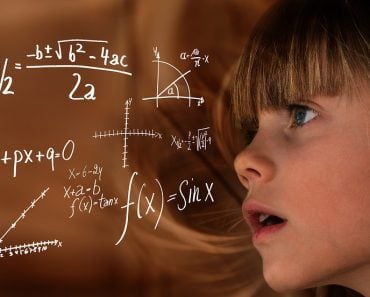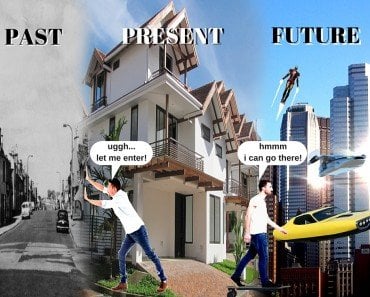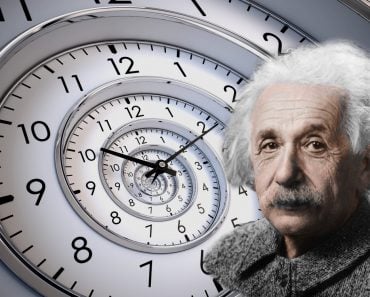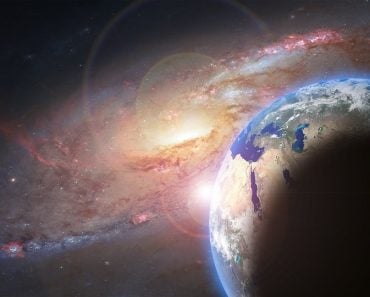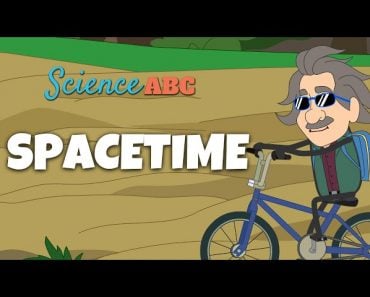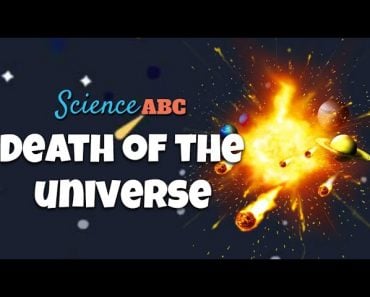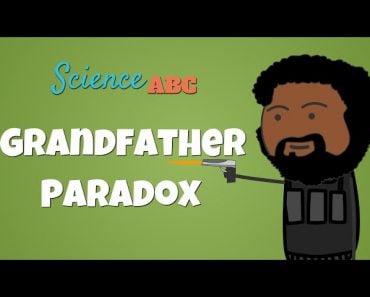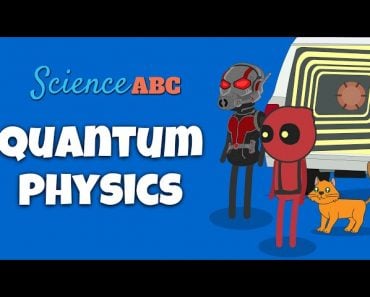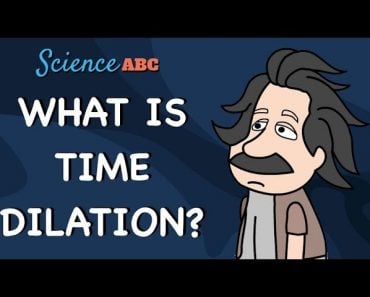Table of Contents (click to expand)
The most likely explanation for why time only moves in one direction is the Second Law of Thermodynamics, which states that in an isolated system, entropy can only increase.
“It’s a mercy that time runs in one direction only, that we see the past but darkly and the future not at all.” – Olivia Laing
Why is it that time runs only in one direction? Why is it that we cannot remember the future? If time were to run in reverse, would an event precede its cause? Would the fragments of a cracked egg levitate and stitch together to form an impeccable egg in my hand?
The unflinchingly forward nature of time has caused us to suffer the most dreadful of emotions – regret. While man has pondered its unforgiving nature since the very first time his lance missed his prey, physicists have only recently discovered why it is the way it is.

Recommended Video for you:
The Beginning Of Time
Einstein believed that the universe did not have a beginning; he believed in a static, unchanging universe that just exists. Not only does our universe have a beginning, but it is also not static – it is expanding, in fact, at an exponential rate. Einstein called this his “biggest blunder”. The universe is now believed to have begun in a cataclysmic explosion that we call the Big Bang. On the other hand, if it weren’t for the expansion of the universe, the night sky wouldn’t have been dark, but rather illuminated by the perceptibly infinite stars to which it is exposed.
However, what Einstein was right about was the flexible nature of time. He was right about how time stretches and shrinks for different objects accelerating at different rates. He found that time for objects accelerating faster, whether the object is traveling in a spaceship or under the gravity of a massive planet, runs slower compared to the time for objects accelerating slower. Time, he found, is not absolute, but relative.
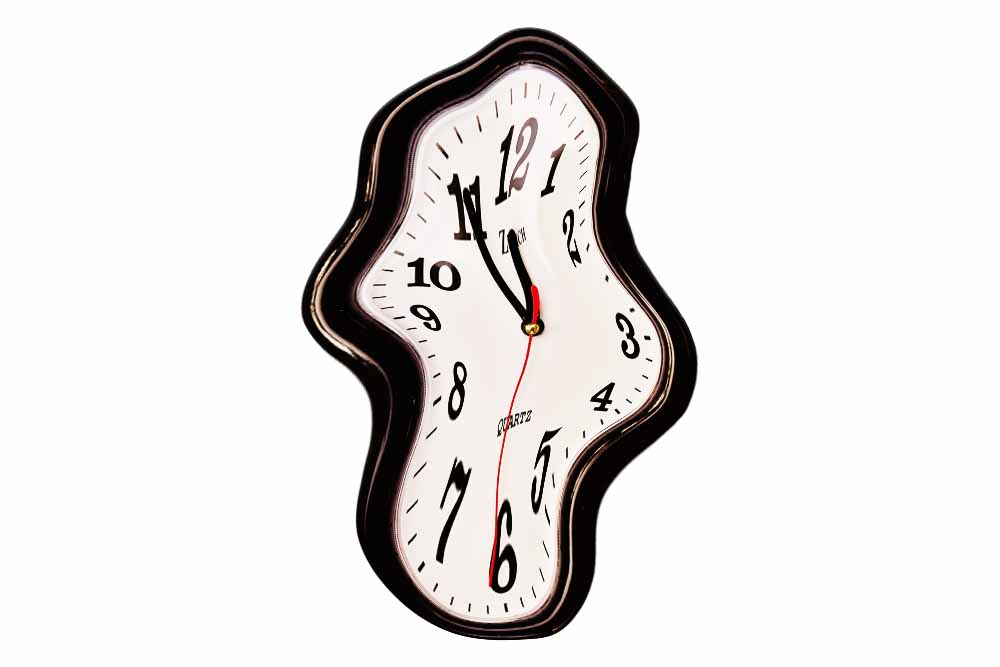
Now, because time for someone traveling at the speed of light runs tremendously slowly, you can take a quick trip in space and return to Earth only to find yourself transported into the future. Yet, time cannot get rid of its dogmatic essence. Time for you might move at a snail’s pace, but it would still run forward. To stop time and then travel into the past, we must travel at the speed of light and then faster, but this isn’t allowed, as it is a violation of a fundamental law of the universe. So, what then explains it obstinacy?
The Second Law Of Thermodynamics
According to the second law of thermodynamics, in an isolated system, entropy can only increase. Entropy is defined as the measure of disorder in a system. The direction in which time runs, the direction we refer to as “forward”, is the direction in which disorder or entropy increases.
In thermodynamics, an isolated system refers to a confined space impervious to any outside forces or energy aids. Unless you don’t wash the dirty dishes sprawled in the sink and organize them assiduously inside the closet, they will continue to pile up and accumulate dirt and disorder. In an unattended sink – an isolated system — disorder will only increase.

Extracting order from disorder can only come at the cost of energy, which consists of you washing and organizing the dishes. However, according to the first law of thermodynamics, no machine can do work or spend energy with 100% efficiency; a fraction of energy is destined to be absorbed by the body and dissipated as heat. A car doesn’t burn fuel with 100% efficiency, a fraction of the converted energy is absorbed by the engine, which causes it to heat. So, order in an isolated or closed system comes at the cost of increasing disorder in its surroundings. Now, because the ultimate surrounding is the universe, it is, therefore, an isolated system, since it can receive no help from outside, but why must our measure of time increase with entropy?
Our measure of time implies that time is a psychological invention, a notion that could be very likely, but measuring time with disorder explains not just its objective, but also subjective origins. To understand why, let’s make the grievous generalization that human memory works like computer memory. Although this notion is not entirely fallacious, if computers remembered not the past, but the future, one could make a fortune on the stock market.
The grid of a newborn’s neurons is completely unused. A computer registers information in a configuration of transistors; similarly, a newborn registers its very first event in a certain configuration of neurons. However, to store information, the brain does work on the neurons, let’s say by actuating a sequence of biochemical reactions, but we know that the transactions aren’t efficient – a little heat is dispersed into the surroundings. The disorder in the universe has incremented.
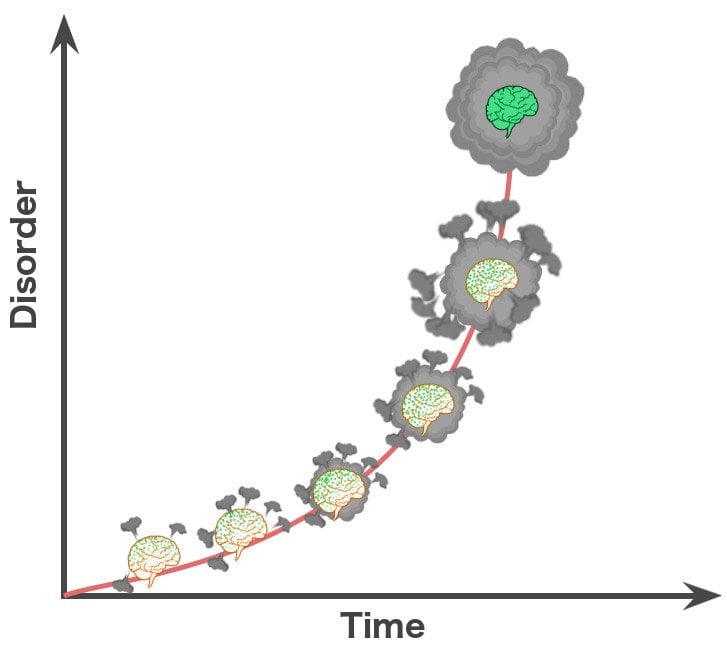
More and more heat is progressively dispersed as more and more events are registered. The newborn remembers the events, his past, linearly with the increments in disorder. It’s not that entropy increases with time, but that we measure time in the direction in which entropy increases! This explains why the thermodynamic and psychological arrows of time move in the same direction.
However, there remains another arrow of time we haven’t discussed. Why should time move forward as the universe expands?
The Arrow Of Time Dictated By Expansion
The arrow of time dictated by the universe’s expansion moves forward for the same reason the psychological and thermodynamic arrows of time do so – disorder increases as the universe expands. The universe is disposed to foster disorder for the simple reason that disorder is more favorable than order. The configurations of atoms associated with disorder are much greater in number than the configurations associated with order.
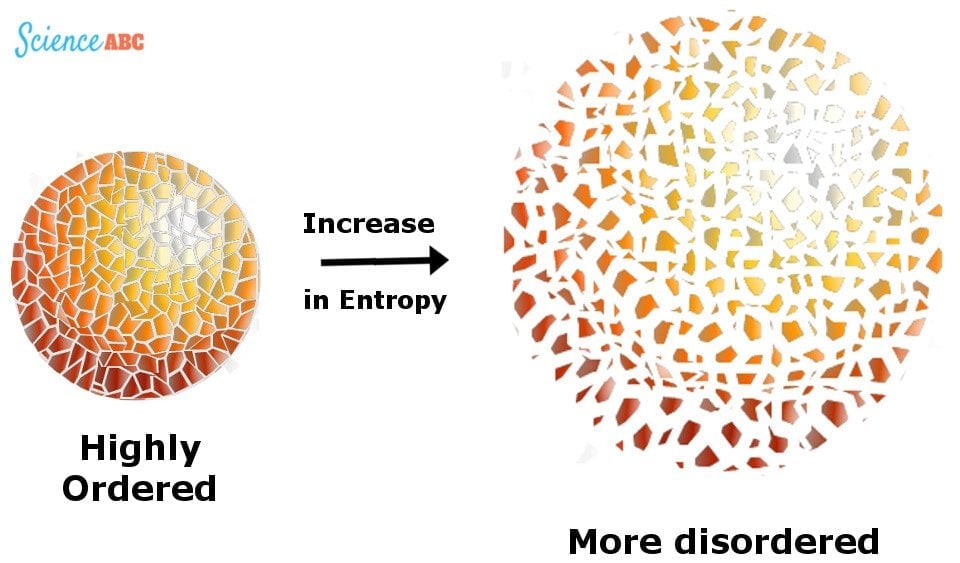
However, the fact that it increases with expansion is based on the assumption that the universe started out with order and uniformity and gradually slipped into disorder and non-uniformity. This is what we currently believe to be true. The Big Bang model validates it. So, what will happen if it begins to contract?
The universe would contract if gravity eventually overpowers the force of expansion and the universe begins to collapse in on itself. This will not happen for thousands of millions of years, but its implications on time are worth discussing. As soon as the universe begins to contract, would disorder decrease, causing time to run backward? Will the generation of human beings living through this transistion suddenly begin to remember the future? Will they suddenly begin to witness cracked shells gather before forming an impeccable egg?
Stephen Hawking thought so until his student pointed out that he, like Einstein, had made a serious blunder. The humble man he was, he admitted his mistake and it was recognized that disorder continues to increase, even when the universe contracts. However, the disorder during this phase would be so exorbitant that life would perish. Think about it, we “create” or extract ordered energy at the cost of disrupting or decreasing the order in our surroundings. What would happen when the order in our surroundings itself exhausts? There would remain nothing to extract.

One can say then that our race is divinely fortunate. It seems very fortunate that we have been brought into existence when the universe is still expanding. Even the Big Bang hints at divine intervention. However, this would be exercising our confirmation bias — to interpret new evidence as confirmation of one’s existing beliefs. If we can acknowledge the role of luck in bringing a flower or fruit to life, why can’t we do the same when we talk about ourselves?
If the winds were tempestuous that day or the soil was more unyielding, the flower couldn’t have been born. Similarly, if the conditions of the universe were any different, intelligent life capable of asking “why time flows in one direction?” couldn’t have sprouted. We see the universe the way it is because, if it were any different, we would not be here to observe it! This is called the anthropic principle. I know this seems cynical and difficult to comprehend, but it seems certainly true unless, of course, we find evidence to the contrary.

We measure time in the direction of increasing disorder because we live in the expansion phase, the phase that favors intelligent life. This wouldn’t be possible in the contraction phase, as life capable of measuring time wouldn’t be possible in the contraction phase.
Lastly, physicists have recognized that time has a beginning, some 13.7 billion years ago when the Big Bang occurred. However, a few philosophers are incredulous. Shouldn’t time exist when the whatever inscrutable processes conspired to cause the Big Bang? Could time truly be eternal? We then see the cosmos like a Russian doll, in layers, emerging from something. The alternative is unfathomable. Our mental faculty isn’t equipped to imagine… nothing.
But it is certainly equipped to understand the Grandfather paradox – a fundamental impediment to backwards time travel:



